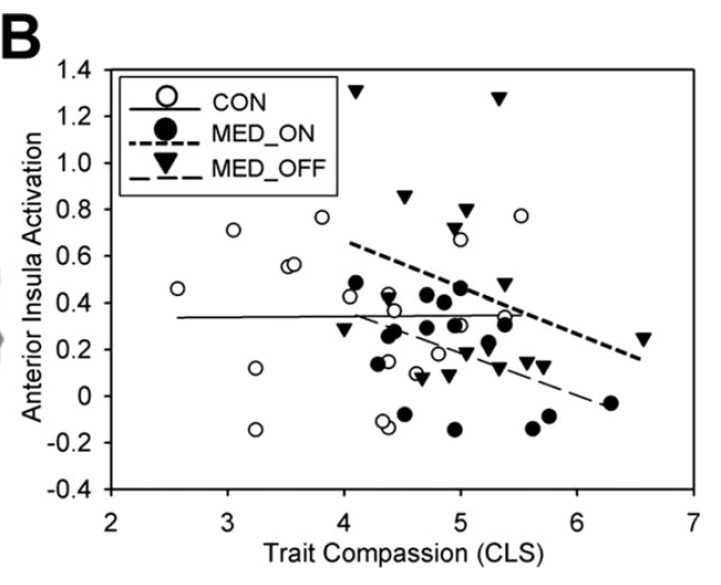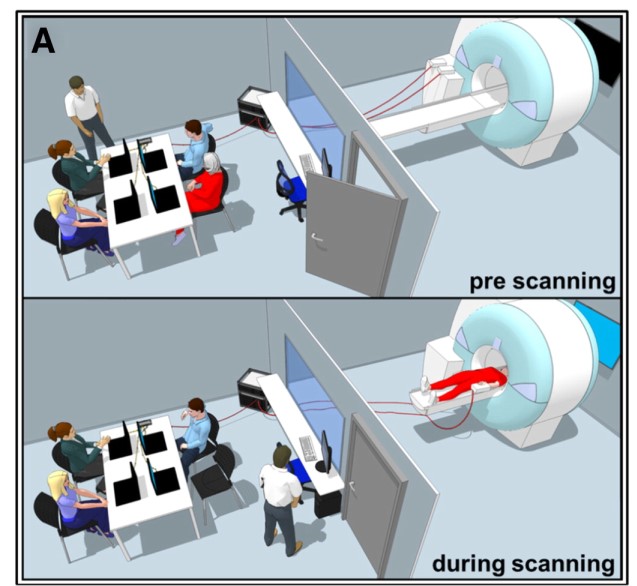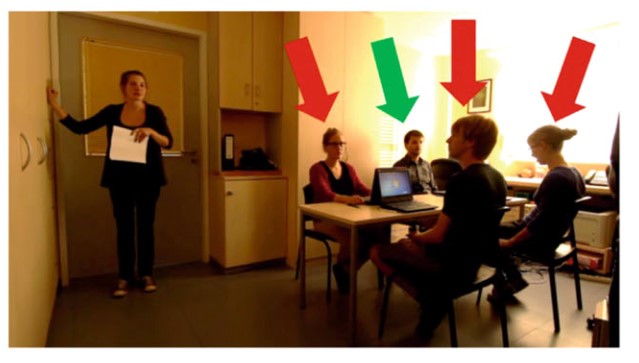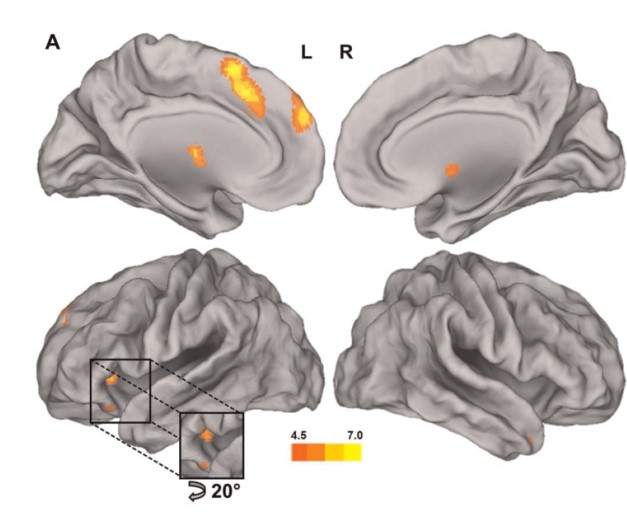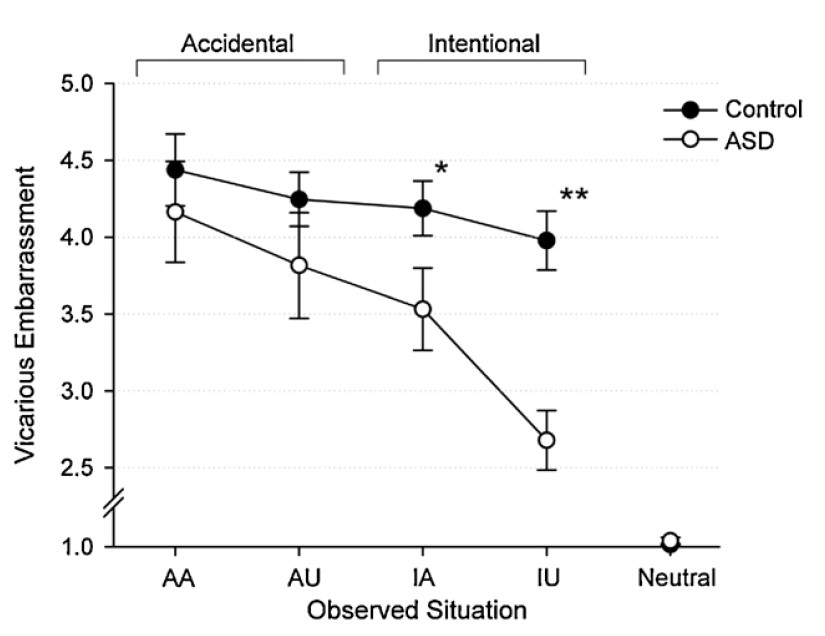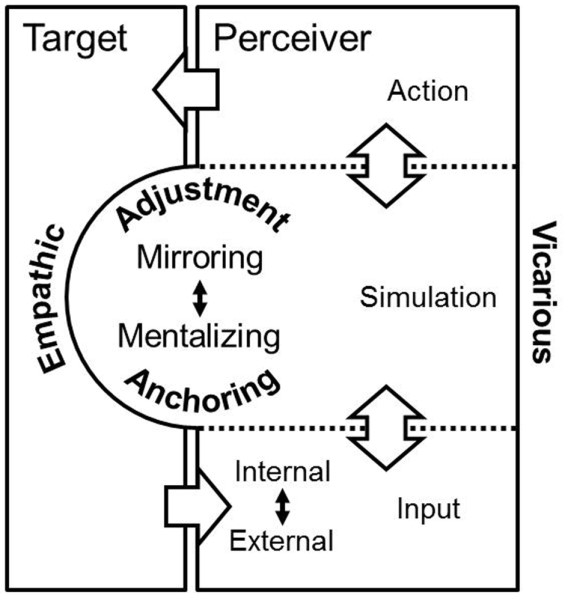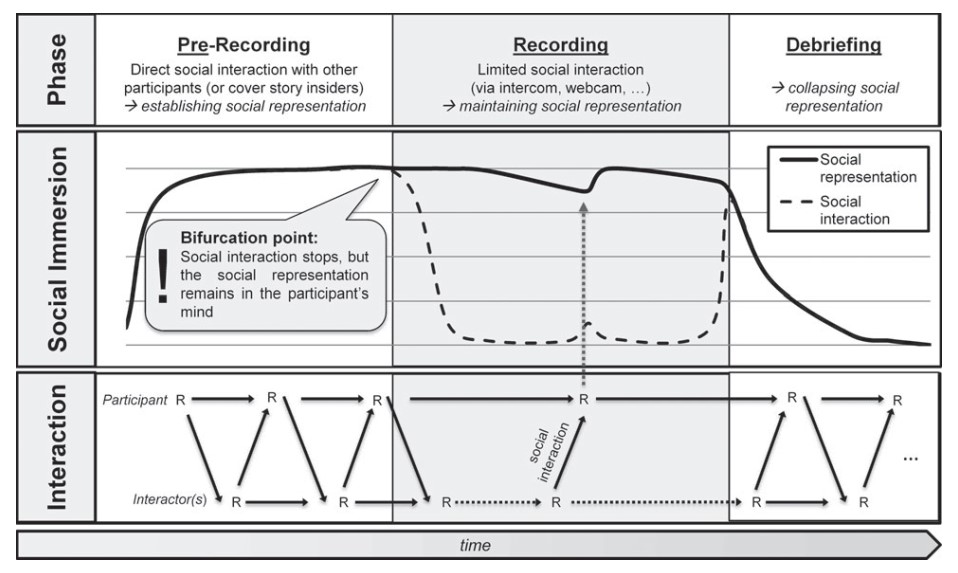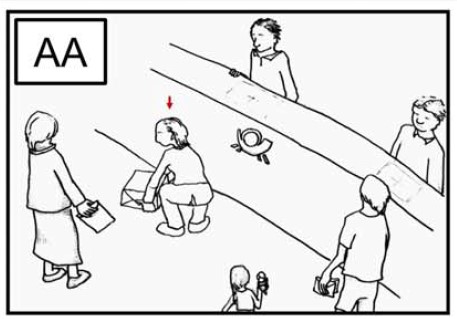Mindfulness meditation regulates anterior insula activity during empathy for social pain
Abstract Mindfulness has been shown to reduce stress, promote health, and well-being, as well as to increase compassionate behavior toward others. It reduces distress to one’s own painful experiences, going along with altered neural responses, by enhancing self-regulatory processes and decreasing emotional reactivity. In order to investigate if mindfulness similarly reduces distress and neural activations […]
Mindfulness meditation regulates anterior insula activity during empathy for social pain Read More »
